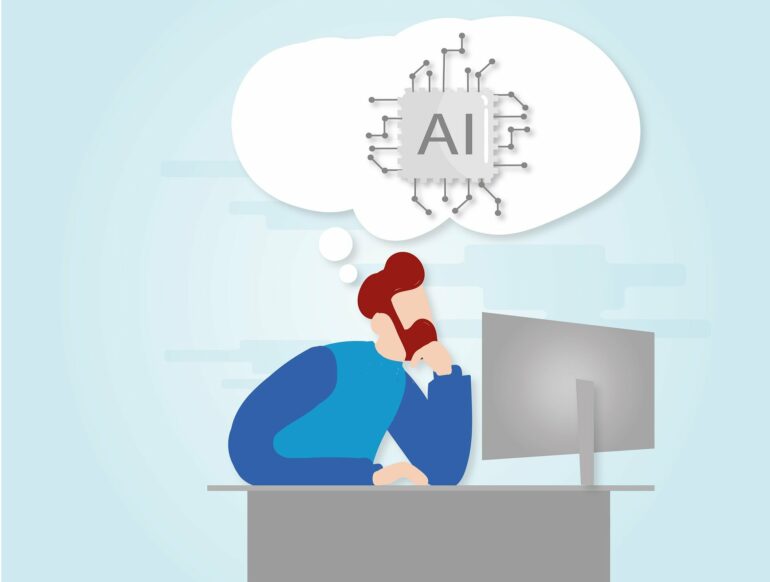ChatGPT seems to be everywhere. Morgan Stanley, Duolingo, Snapchat, Coca-Cola and Instacart have signed on, as have programmers, web designers, pharmaceutical companies, writers, musicians, translators and businesses of all types.
Available for general use for merely half a year, ChatGPT has been used by more than 100 million users globally and it handles more than 10 million inquiries a day.
Practically daily, stories are written detailing its potential to upend everything from business models to personal routines. Everyone wants a piece of the action.
But some are raising red flags about the downsides of ChatGPT, which is the fastest growing app in history. Most notable was a letter in March, signed by more than 1,000 experts, urging a moratorium on the expansion of AI technology until its risks and dangers are better understood.
While skeptics have largely focused on the potential for bad actors to manipulate AI for harmful purposes or have imagined a possible scenario where AI models decide on their own to act maliciously, others are focusing on a more immediate issue: accuracy.
The Wall Street Journal recently cautioned, “AI chatbots and other generative AI programs are mirrors to the data they consume. They regurgitate and remix what they are fed to both great effect—and great failure.”
Stanford University’s Human-Centered AI research group published a paper on the arXiv preprint server last month that called into question the reliability of data



